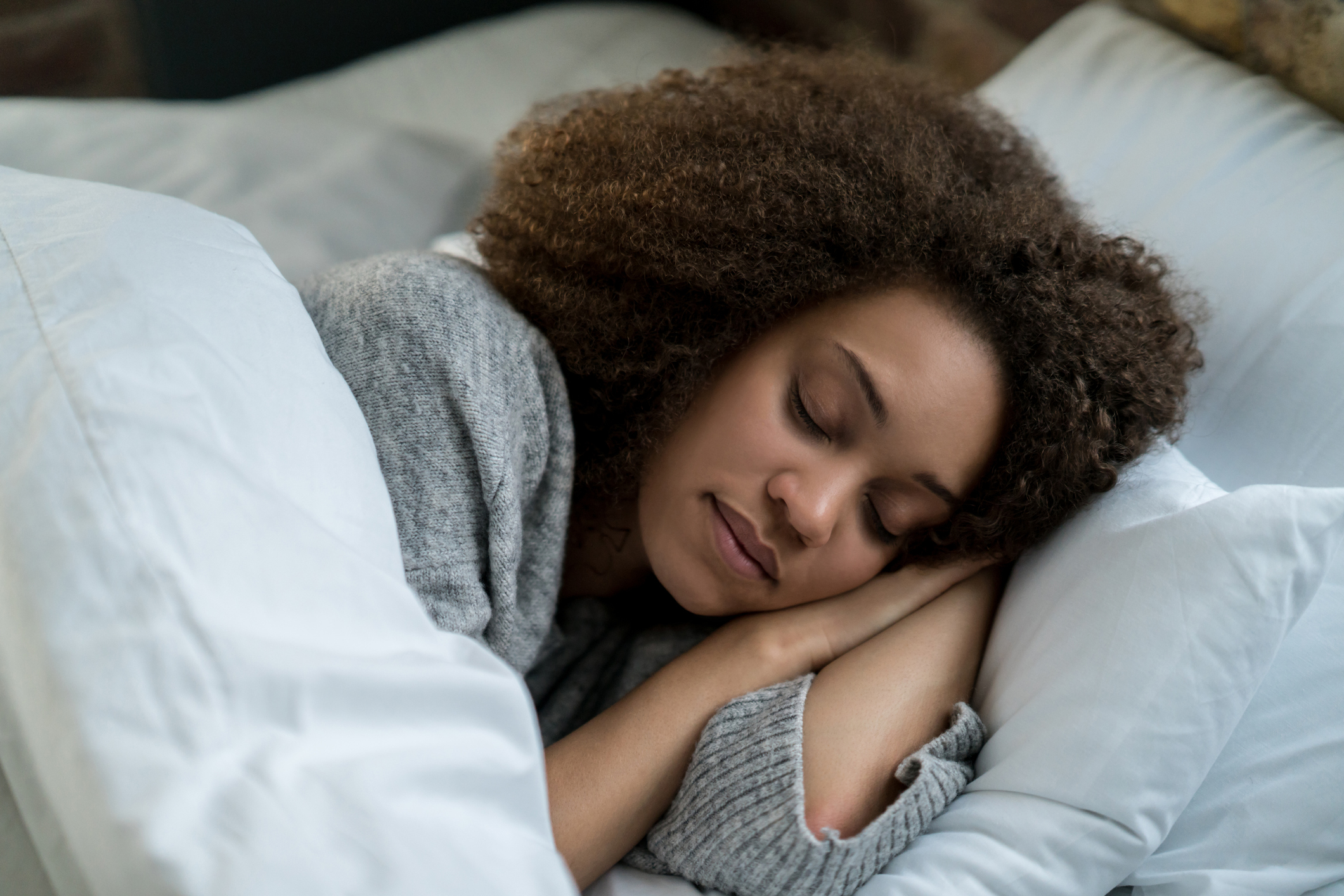

A few years back, the American Academy of Sleep Medicine (AASM) declared sleep “essential to health” — a special statement that was endorsed by dozens of medical, scientific, patient and safety organizations.
It’s easy to see why. During sleep, your body goes through restorative processes that maintain the health of the brain, cardiometabolic system, skeletal muscles and boney matrix system. Sleep also balances the health of the gut, hormones and immune system and allows the body’s detox processes to do their thing.
When your sleep is shortchanged, it can make you cranky, foggy and forgetful. But chronic sleep problems can lead to much worse — like increasing the risk of diabetes, dementia, depression, heart disease and respiratory disease.
While the connection between lack of sleep and these disorders is clear, what’s less so is exactly what mechanisms involved in sleep help keep these diseases at bay.
A team of sleep scientists at the University of California, Berkeley decided to take a closer look at how sleep influences one of these conditions. And what they found is exciting news for the 37.3 million Americans affected by it…
Brain waves and blood sugar control
For years, researchers have been studying how the pairing of non-REM sleep spindles (a type of brain wave) and deep, slow brain waves corresponded to learning and memory. In fact, the UC Berkeley team previously discovered that deep-sleep brain waves improved the ability of the hippocampus to retain information. The hippocampus is the part of the brain associated with learning.
But this new research reveals a previously unrecognized role for these combined brain waves in humans when it comes to blood sugar management.
First, the UC Berkeley team examined sleep data from a group of 600 individuals. After controlling for other factors such as age, gender and the duration and quality of sleep, they found that the pair of non-REM sleep spindles and deep-sleep brain waves actually predicted glucose control for the next day.
“This particular coupling of deep-sleep brain waves was more predictive of glucose than an individual’s sleep duration or sleep efficiency,” says Raphael Vallat, a UC Berkeley postdoctoral fellow and co-author of the study.
Next, the team set out to locate the pathway that might explain how these deep-sleep brain waves might send a signal down into the body, ultimately predicting the regulation of blood sugar.
“These synchronized brain waves act like a finger that flicks the first domino to start an associated chain reaction from the brain, down to the heart, and then out to alter the body’s regulation of blood sugar,” says Matthew Walker, a UC Berkeley professor of neuroscience and psychology and senior author of the study.
Specifically, he adds, the signal predicts an increase in the body’s sensitivity to insulin…
“In the electrical static of sleep at night, there is a series of connected associations, such that deep-sleep brain waves telegraph a recalibration and calming of your nervous system the following day. This rather marvelous associated soothing effect on your nervous system is then associated with a reboot of your body’s sensitivity to insulin, resulting in a more effective control of blood sugar the next day.”
The researchers were able to replicate the same effects in a separate group of 1,900 participants.
Sleep as part of diabetes care
One reason the researchers are excited by this advance is that sleep is a modifiable lifestyle factor that could be used alongside other treatments for high blood sugar or Type 2 diabetes.
It can be difficult for patients to adhere to diabetes medication and lifestyle changes — especially healthier eating habits and regular exercise. But who wouldn’t want to grab some deep sleep?
Compared to the total amount of hours we sleep, typically 7 to 9 per night, deep sleep duration is only about an hour and 45 minutes to 2 hours of that.
If you find it elusive, try pink noise. Some people need the noise of a fan to sleep soundly, but that’s considered white noise. Pink noise includes sounds like a babbling brook, ocean waves or rain falling on a leaf-covered forest floor.
In a Northwestern University study, subjects saw a significant increase in the amount of deep sleep they achieved after exposure to pink noise.
If you often wake feeling like you didn’t get a good night’s sleep, take steps to rule out sleep apnea or mouth breathing.
Sources:
Deep-sleep brain waves predict blood sugar control — ScienceDaily
Coordinated human sleeping brainwaves map peripheral body glucose homeostasis — Cell Reports Medicine
The Facts, Stats, and Impacts of Diabetes — Centers for Disease Control and Prevention

